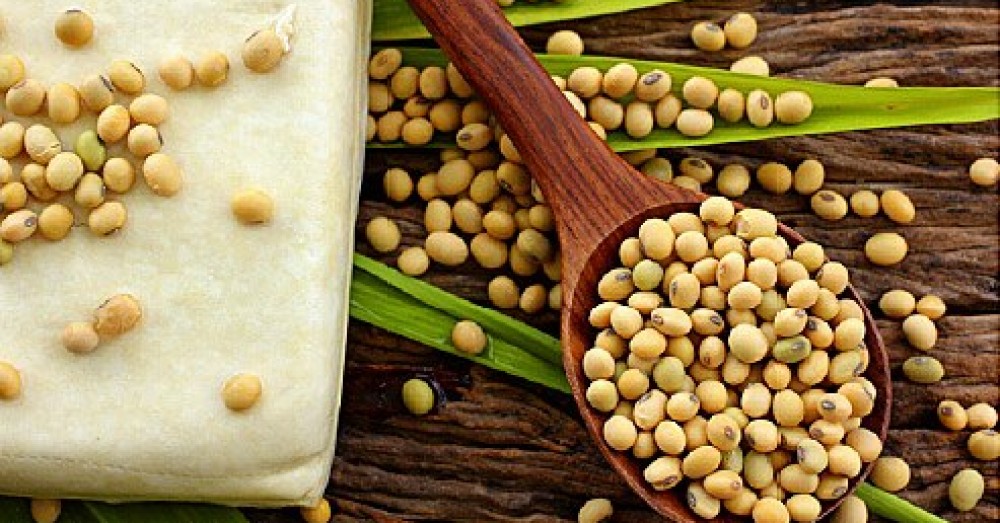1. Salt
Your thyroid needs iodine to work well. Most people in the U.S. get enough of this element from their diet, usually through fish and dairy products. Make sure you’re using iodized table salt at home. You can tell by looking at the label.
2.Leafy Greens
Spinach, lettuce, and other examples are great sources of magnesium, an all-star mineral that plays a huge role in your body processes. Fatigue, muscle cramps, and changes in your heartbeat could be signs that you're not getting enough.
3.Nuts
Cashews, almonds, and pumpkin seeds are excellent sources of iron. Brazil nuts help your thyroid in two ways. Not only are they a good source of iron, but they're also rich in selenium, another mineral that supports your thyroid. Just a few each day give you the selenium you need.
4. Seafood
Fish, shrimp, and seaweed are great sources of iodine. You need iodine for a healthy thyroid, but avoid large amounts of iodine-rich choices like kelp. That may make your condition worse.
5. Kale
Could that superstar among superfoods, actually not be quite so awesome? Kale is a mild goitrogen -- in rare cases it prevents the thyroid from getting enough iodine. But kale shouldn't be a problem for you unless you get very little iodine in your diet and you’re eating large amounts of kale. This is also the case (in varying degrees) for cabbage, broccoli, cauliflower, and Brussels sprouts.
6. Soy
In rare cases, some of the chemicals found in soy products like soy milk or edamame could hurt your thyroid’s ability to make hormones, but only if you don't get enough iodine and eat large amounts. Just like with kale, if your iodine levels are OK, you probably don’t need to worry about soy.
7. Organ Meats
If you eat things like kidneys, heart, or liver, you might get a lot of lipoic acid. That's a compound in these and some other foods. You can also buy it as a supplement. But if you get too much, it could mess with the way your thyroid works. Lipoic acid could also affect the thyroid medicines you take.
8. Gluten and Your Thyroid
Gluten is a protein found in wheat, rye, and barley. Unless you've been diagnosed with celiac disease, it probably won’t affect your thyroid. Gluten can damage the small intestines of people with celiac disease. They can have other autoimmune disorders like Hashimoto’s disease (which leads to an underactive thyroid) and Graves' disease (which leads to an overactive thyroid). If you have celiac disease, a gluten-free diet may help prevent these thyroid diseases.
9. Thyroid Medication and Your Food
The foods you eat can affect your thyroid medicine. They can slow down how your body absorbs medicine. It can also affect how well it does it.
- Take medicine on an empty stomach, preferably in the morning.
- Iron and calcium can interact with your thyroid medicine and keep it from working.
- Ask your doctor or pharmacist for more information about timing your food and other meds around your thyroid treatment.
10. Exercises for an Underactive Thyroid
If you have an underactive thyroid, a condition called hypothyroidism, exercise is probably the last thing on your mind. After all, symptoms like fatigue, swelling, and joint and muscle pain don’t make you want to get up and go.
Share This Post















